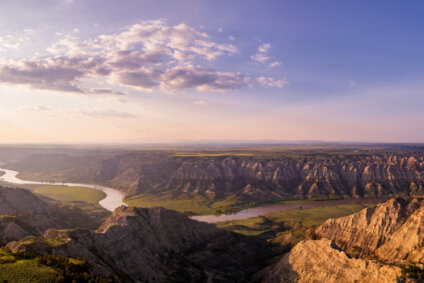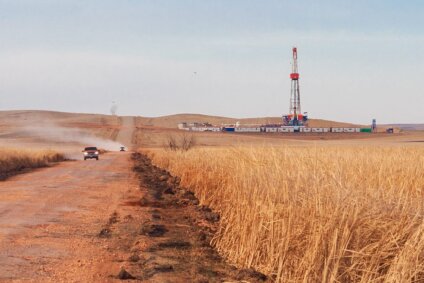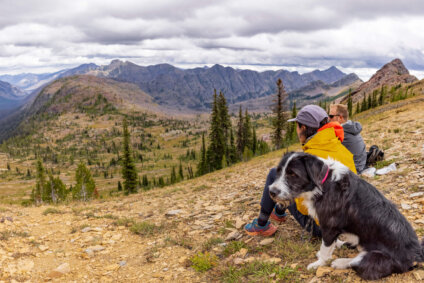Daines’ Forest Reform Bill is More of the Same
Like his previous forest bills, unfettered logging is the true goal, not wildfire protection or safety
Earlier this month, Sens. Steve Daines and Diane Feinstein introduced the Emergency Wildfire and Public Safety Act (S. 4431). While this bill contains a wide range of wildfire-focused elements like fire detection and retrofitting homes with fire-resistant materials, it also includes several of Daines’ old forest reform tricks that aren’t really about wildfire protection and community safety, as Daines is trying to make Montanans believe.
They’re about eliminating all those pesky obstacles to unfettered timber harvests from our national forests.
Coincidentally or not, Daines introduced the bill on the heels of the Trump Administration's attempt to dismantle the National Environmental Protection Act (NEPA). Like that attempt, S. 4431 would undermine bedrock environmental laws, reduce opportunity for public input and judicial review, and constrict the use of science.
Daines has a history of supporting extreme timber reform legislation. Whether it’s co-sponsoring H.R. 1526, which aimed to set up a system of “forest revenue areas”, or supporting S. 2068, which reduced public input and analysis on large timber projects, Daines remains focused on removing timber from our national forests at the expense of public involvement and the values we care about, like wildlife habitat, water quality, and our outdoor recreation economy. Our system is set up with important checks and balances, and the opportunity to hold agency managers accountable. In the name of a false narrative around “wildfire and public safety,” Daines’ bill would undermine these existing systems at the expense of our public land values.
Supercharge your impact
Right now, when you commit to any monthly gift – whether that’s $10, $20, $30, or more – your gift will unlock a $100 donation to MWA thanks to a generous donor. Just 10 people giving monthly will help us unlock an additional $1,000 for our work.
Donate today ➥
Here are some of the most troubling provisions in this newest effort:
-
A categorical exclusion (CE) for linear fuel breaks.This would allow 1,000 foot-wide strips, up to 3,000 acres in size, to be logged with limited public involvement and environmental review. These strips can run adjacent to trails, roads, and transmission lines and be located in remote roadless areas.
-
“Emergency” authority that could be given to salvage logging projects up to 10,000 acres in size. The authority would loosen existing environmental laws and expedite judicial review.
-
An unclear and confusing provision authorizing pilot projects that would cut the NEPA process short and fast-track judicial review.
-
A potential exclusion of the consultation that’s required between the Forest Service and the Fish and Wildlife Service when new science or information surfaces that suggests an existing project or plan could have a negative impact on endangered species.
For years, MWA has worked effectively with timber industry partners to harvest timber and support more wilderness. This is not an either/or proposition. We continue to support legislation that addresses the important need of wildfire protection and timber management, and we continue to support collaborative, place-based approaches and solutions for public lands. However, eroding public participation and environmental laws – extreme measures – are not the answer.
Climate change will continue to impact our forests and communities. To proactively address community wildfire protection needs, Sen. Kamala Harris’s bill, the Wildfire Defense Act (S. 2882), establishes a grant program to fund community wildfire defense strategies in fire hazard areas. This bill supports community-level planning and safety measures and is backed up by appropriate funding to get the work done to keep our communities safe.
If we’re going to reduce the severity and impacts of wildfires, we have to accept that climate change is real, and find answers for mitigating it. Unfettered logging is not one of those answers.
Stay Connected
"(Required)" indicates required fields



